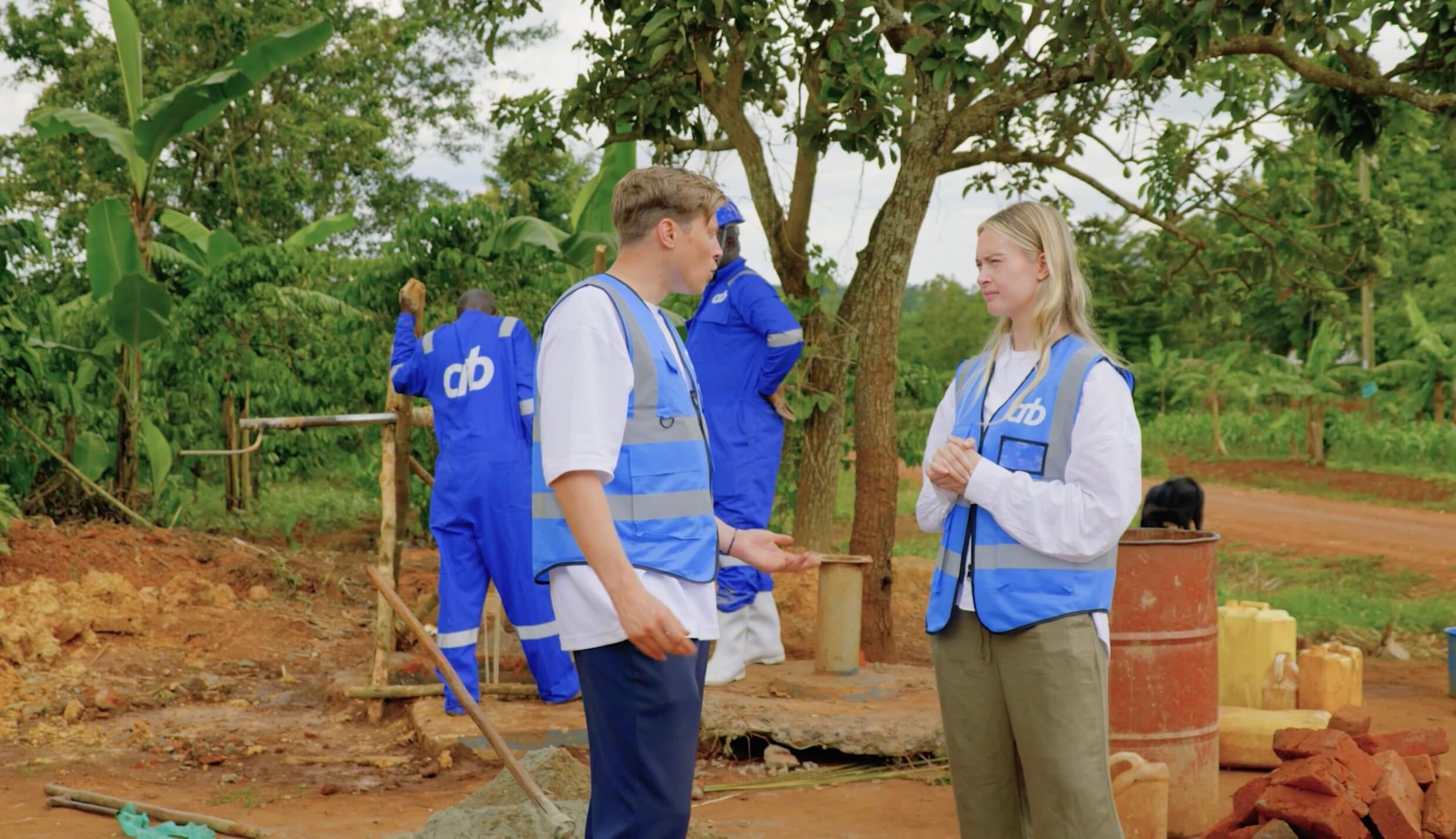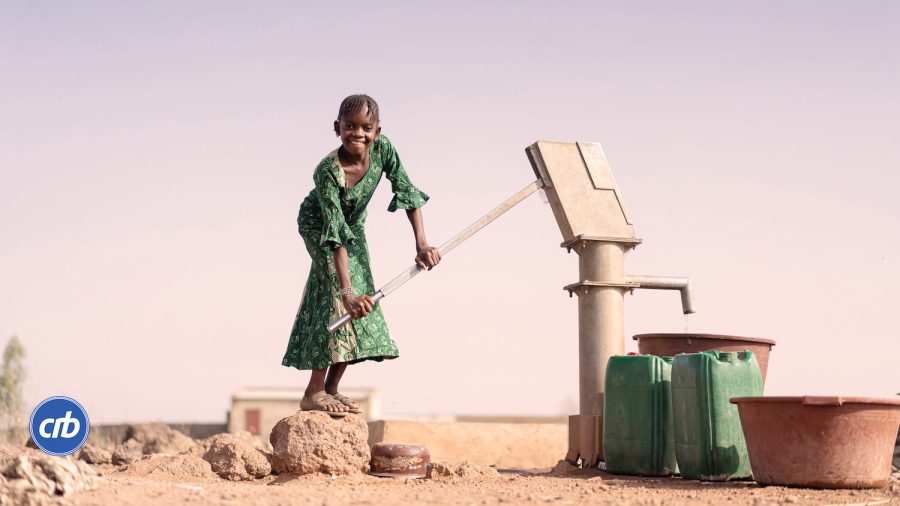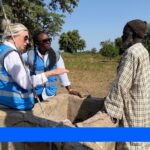The carbon credit market is rapidly becoming one of the most lucrative and impactful sectors in the world, and water borehole projects in Africa are at the forefront of this transformation. In 2024, the combination of climate action, financial opportunity, and humanitarian aid has never been more compelling.
Installing a single borehole in a rural African village not only provides life-saving access to clean drinking water but also generates verified carbon credits over a 15-year period. These credits are earned because the borehole eliminates the need for local families to boil water over open fires, which traditionally requires cutting down trees and burning wood. With fewer trees cut, less carbon dioxide is released into the atmosphere.
Each borehole, serving an average of 300 people, generates approximately 300 carbon credits per year. Over 15 years, that’s 4,500 credits in total. These credits are verified by major carbon registries such as Gold Standard or Verra, after thorough inspections and data validation. Once issued, the carbon credits can be sold on the voluntary or compliance markets to corporations seeking to offset their emissions and meet environmental, social, and governance (ESG) goals.
A Financially and Socially Powerful Model
Let’s talk numbers. In today’s market, voluntary carbon credits from projects like boreholes sell between $5 and $20 per credit, depending on quality and verification standards. That means a single borehole could generate $22,500 to $90,000 over its lifetime—and that’s with today’s pricing.
However, according to leading market analysts and global policy projections, prices for high-quality carbon credits could skyrocket in the coming decades. With increasing climate regulations, corporate net-zero pledges, and a growing scarcity of verified credits, projections estimate that prices could reach $50 to $100+ per credit by 2040.
At $100 per credit, a borehole delivering 4,500 credits would bring in $450,000 over 15 years. And all of this happens while providing clean water to hundreds of people, preventing deforestation, and helping corporations achieve sustainability.
Impact Beyond Carbon
Beyond financial returns, these projects change lives. Women and children—often responsible for collecting water—no longer need to walk hours to find clean sources. Health improves as waterborne diseases decrease. Local economies strengthen through employment of borehole maintenance workers and community managers.
The environmental impact is equally powerful: preserved forests, reduced emissions, and stronger local ecosystems. Every borehole becomes a long-term anchor of sustainable development.
Why CRB and Borehole Projects Are the Future
Tokens like CRB (Carbon Reward Backed) represent a new wave of investment tools that allow everyday people and institutions to fund these life-changing projects. When you buy CRB, your investment goes directly into installing boreholes. The carbon credits generated are sold, and the revenue flows back to the CRB ecosystem—creating a profitable, transparent, and circular model.
With the global carbon market expected to exceed $250 billion by 2050, according to BloombergNEF and McKinsey projections, early investment in verified, impactful projects like boreholes positions investors for strong long-term returns.
Conclusion
In 2024 and beyond, borehole-based carbon credit projects represent one of the rare opportunities where doing good equals doing well. Investors can participate in a high-growth market, support vital humanitarian infrastructure, and help combat climate change—all at once.
Whether you’re a sustainability-focused investor, a corporate buyer looking to meet ESG goals, or someone who simply wants to make a meaningful impact, investing in borehole carbon projects through CRB is a smart and ethical choice for the future.





